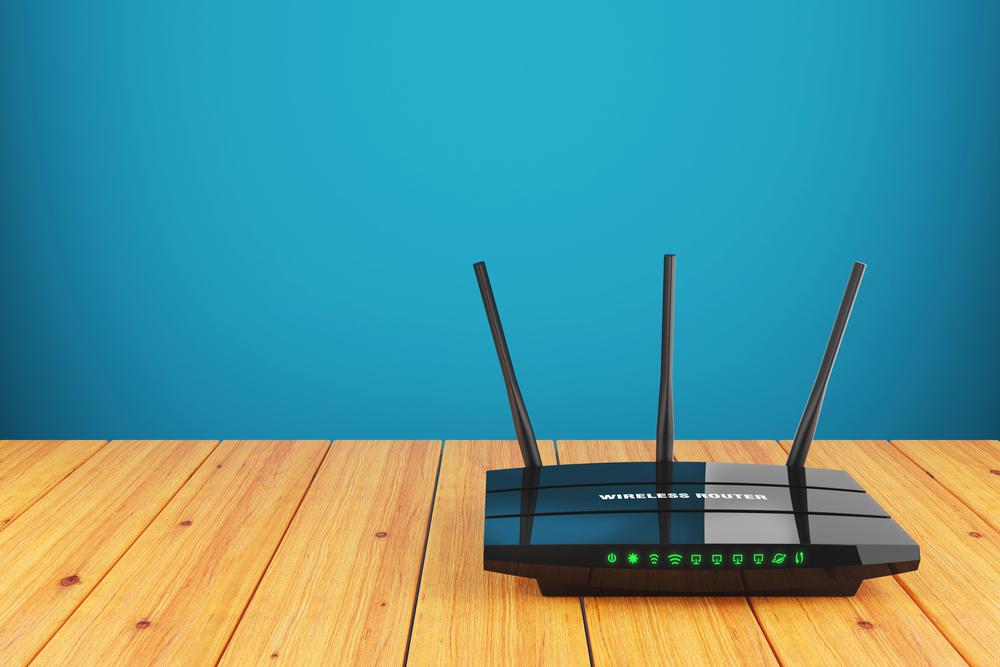Boosting Productivity The Rise of High-Speed Business Internet in Mexico
In the digital age, the importance of reliable and high-speed internet cannot be overstated. Connectivity is the backbone of modern business operations, influencing everything from communication and marketing to data management and customer service. Mexico has seen a dramatic rise in the demand for high-speed business internet, and this evolution is reshaping the country’s economic landscape. This article delves into how this shift is boosting productivity across various sectors and the broader implications for Mexico’s economy.

The Landscape of Internet Connectivity in Mexico
Mexico has historically faced challenges in internet connectivity. According to the Organization for Economic Cooperation and Development (OECD), Mexico ranked low in terms of broadband penetration when compared to other member countries. However, recent years have seen significant improvements. Government initiatives and private sector investments have been pivotal in enhancing infrastructure and increasing broadband access.
Government Initiatives
Key government projects such as “Mexico Conectado” have aimed to provide free internet access in public spaces. These initiatives have not only increased accessibility for the general population but have also facilitated internet connectivity for small and medium-sized enterprises (SMEs), enabling them to compete in the global market.
Private Sector Investment
Telecommunication companies have also played a crucial role. Firms like Telmex, Totalplay, and Izzi have invested heavily in fiber-optic networks, offering speeds that were previously unattainable. As a result, businesses now have access to high-speed internet, helping them operate more efficiently.
The Economic Impact
Enhanced Productivity
High-speed internet is a game-changer for businesses. It enables quick and seamless communication, allowing for real-time collaboration. Tools like video conferencing, cloud services, and instant messaging have become more effective with faster internet speeds. Consequently, businesses can complete tasks more efficiently, leading to increased productivity.
Access to Global Markets
With improved internet speeds, Mexican businesses can more easily engage with international clients and suppliers. E-commerce platforms, for example, have become more accessible to rural areas, allowing local products to reach global markets. This not only boosts sales but also encourages competitive pricing and innovation.
Support for Startups and SMEs
Startups and SMEs are the backbone of Mexico’s economy. Easy access to high-speed internet has leveled the playing field, allowing smaller businesses to compete with larger, more established companies. This democratization of technology fosters a competitive environment, driving innovation and economic growth.
The Role of Remote Work
The COVID-19 pandemic has underscored the importance of remote work capabilities. High-speed internet has been crucial in this transition, allowing employees to work from home effectively. This shift has proven beneficial for businesses, as it reduces overhead costs associated with maintaining physical offices and offers employees greater flexibility.
Technological Advancements and Future Prospects
5G Network Rollout
The rollout of 5G technology is among the most anticipated advancements. Offering significantly higher speeds and lower latency compared to 4G, 5G has the potential to revolutionize various industries, from healthcare to manufacturing. For businesses, this means more reliable remote operations, advanced Internet of Things (IoT) applications, and improved customer experiences.
Artificial Intelligence and Machine Learning
High-speed internet is also facilitating the adoption of artificial intelligence (AI) and machine learning across sectors. These technologies require substantial data processing capabilities, which are now more feasible thanks to better connectivity. Businesses can leverage AI for tasks such as predictive analytics, customer service automation, and supply chain optimization.
Cybersecurity
As internet connectivity improves, so do the risks associated with cyber threats. High-speed internet is enabling more advanced cybersecurity measures, such as real-time threat detection and response. Companies are investing in robust cybersecurity protocols to protect their data and maintain customer trust.
Challenges to Overcome
Despite these advancements, challenges remain. Rural areas still lag in connectivity compared to urban centers, creating a digital divide. Investment in infrastructure and targeted government policies are essential to bridge this gap. Additionally, internet costs can be prohibitive for small businesses, and regulatory frameworks need to be updated to encourage fair competition and consumer protection.
Conclusion
The rise of high-speed business internet is significantly boosting productivity and transforming Mexico’s economy. Enhanced connectivity is enabling businesses to operate more efficiently, access global markets, and adopt advanced technologies. While challenges persist, continued investment in infrastructure and supportive policies will ensure that the benefits of high-speed internet are fully realized. As Mexico continues to advance in its digital transformation, the future looks promising for businesses and the economy.




